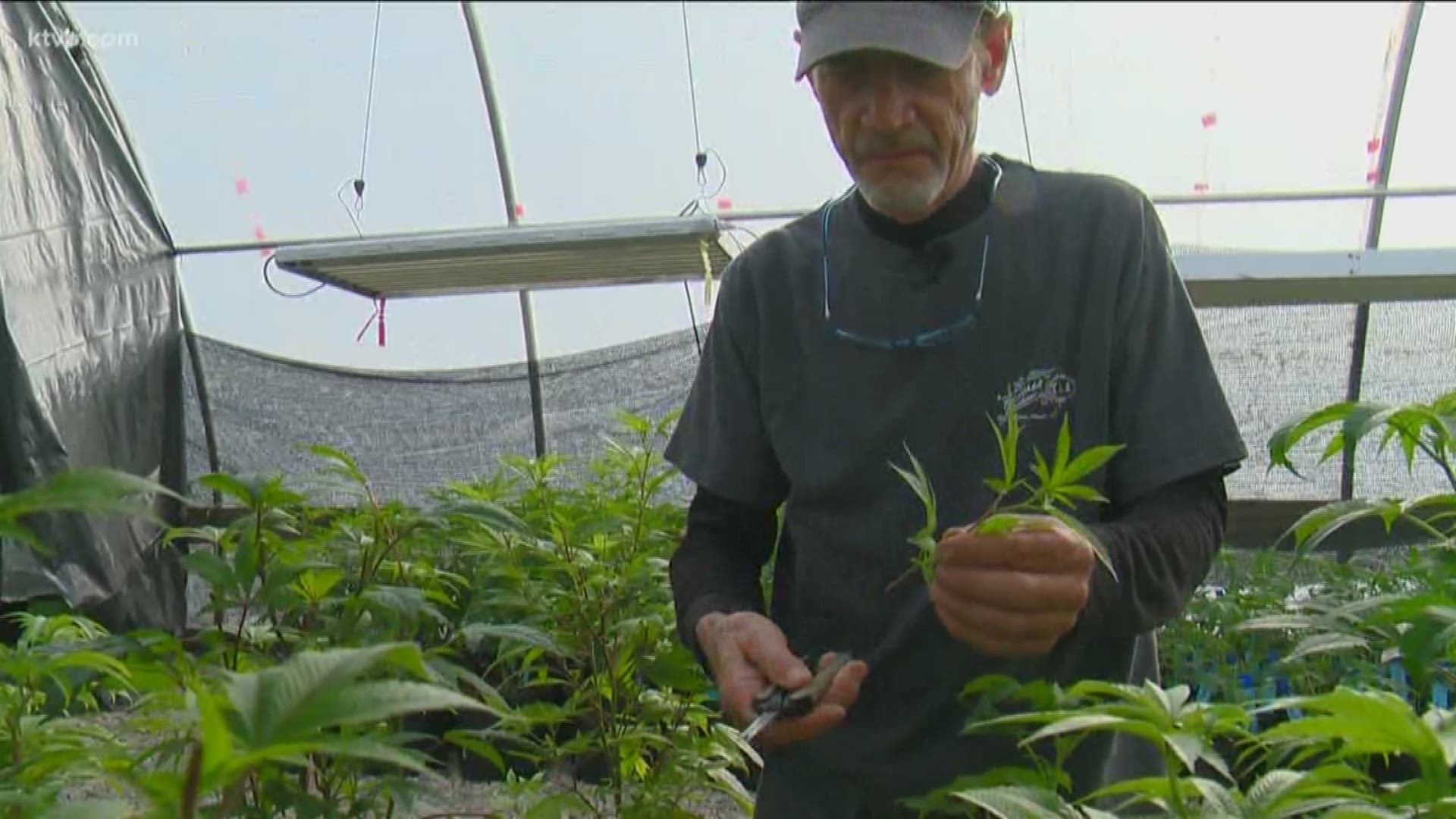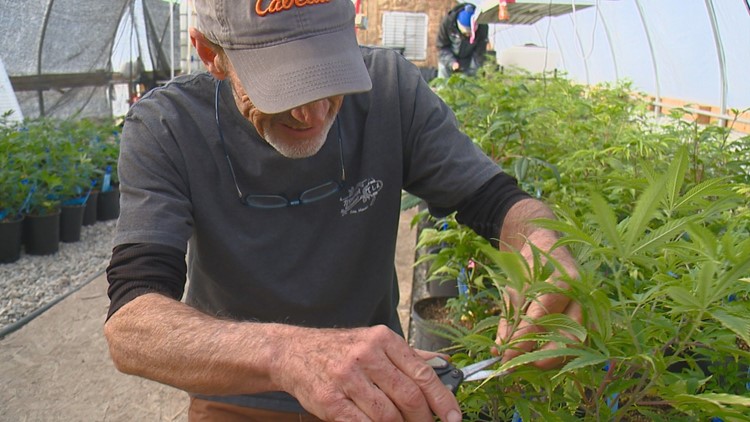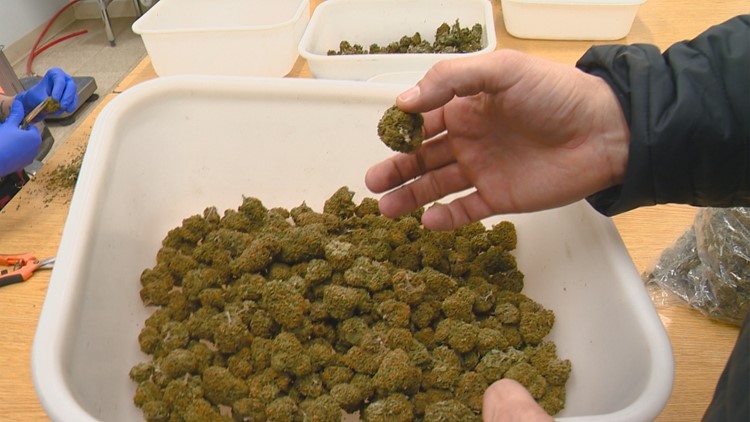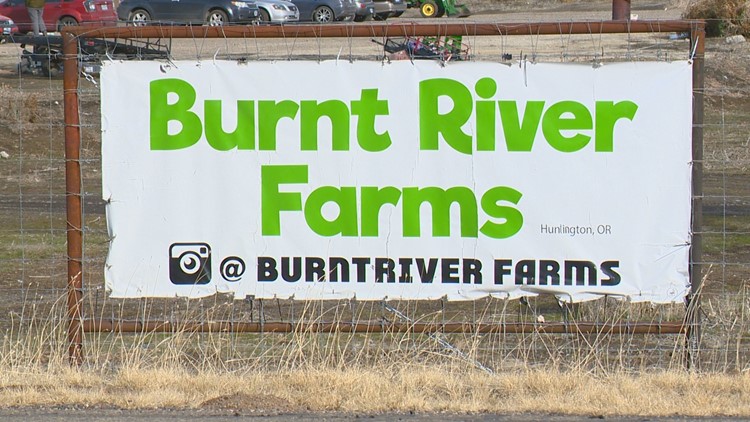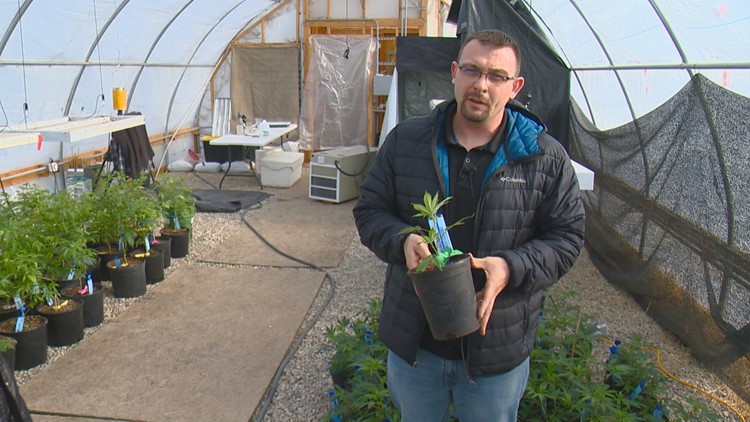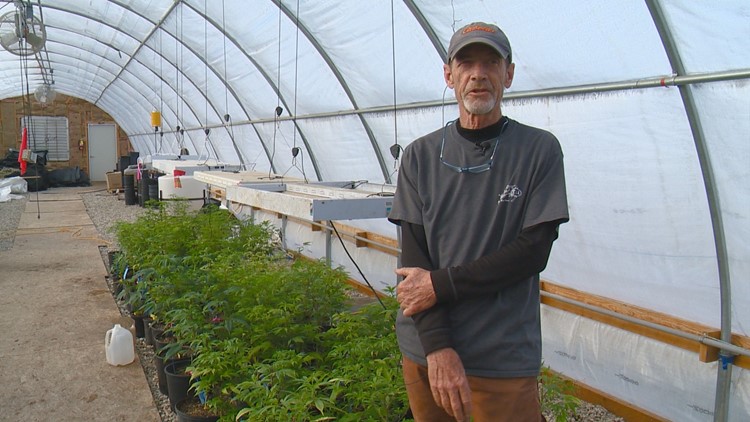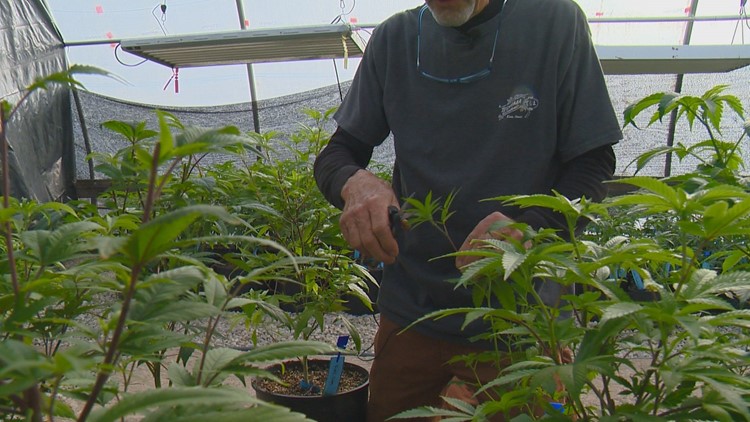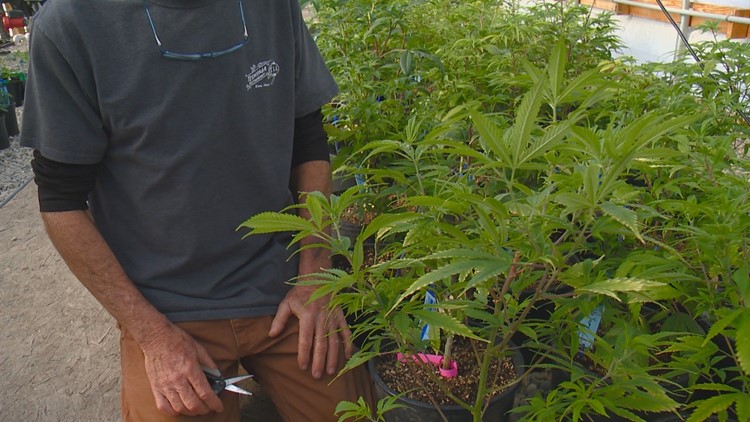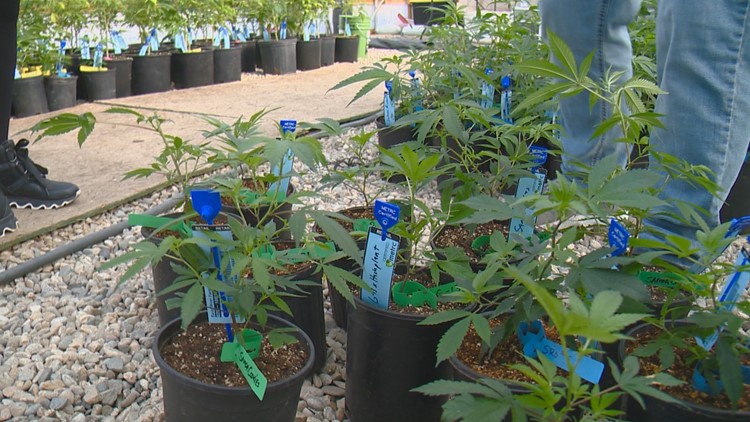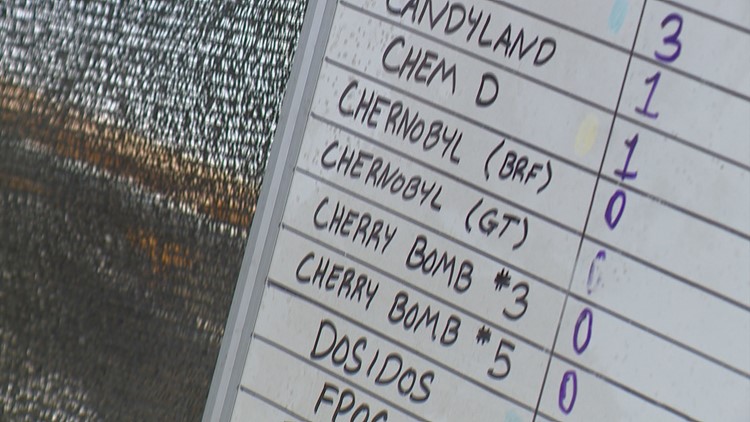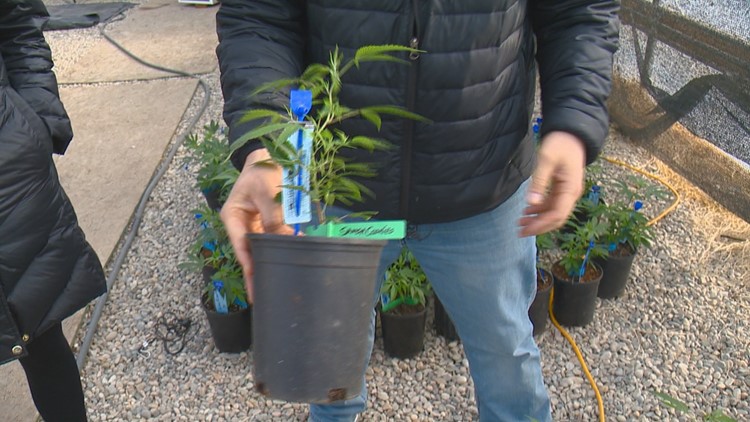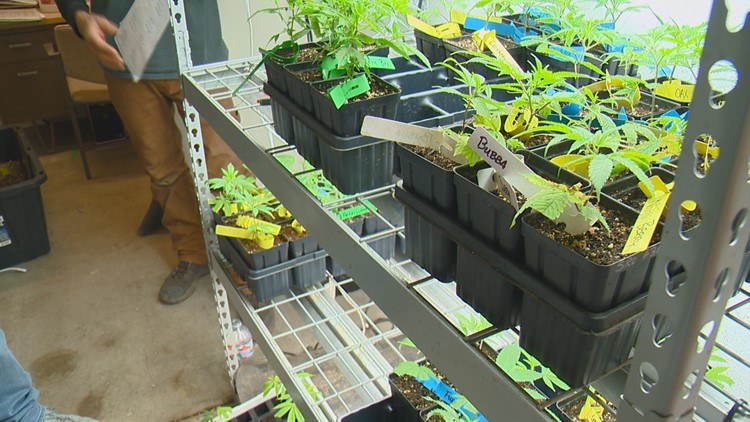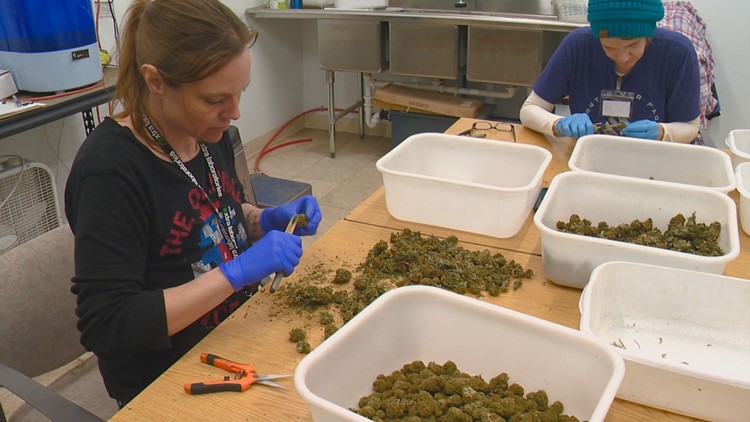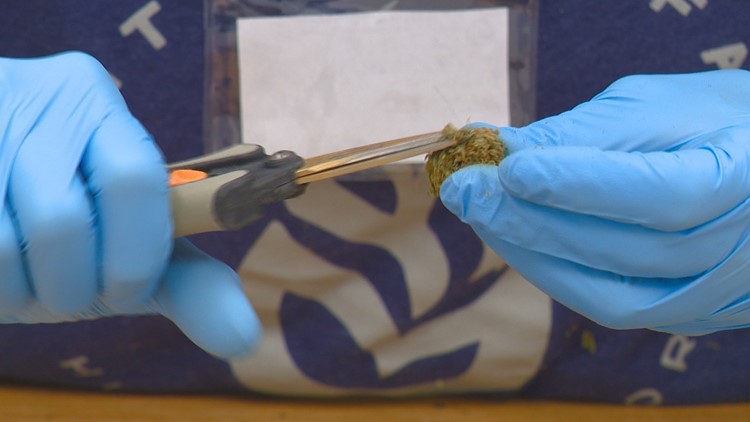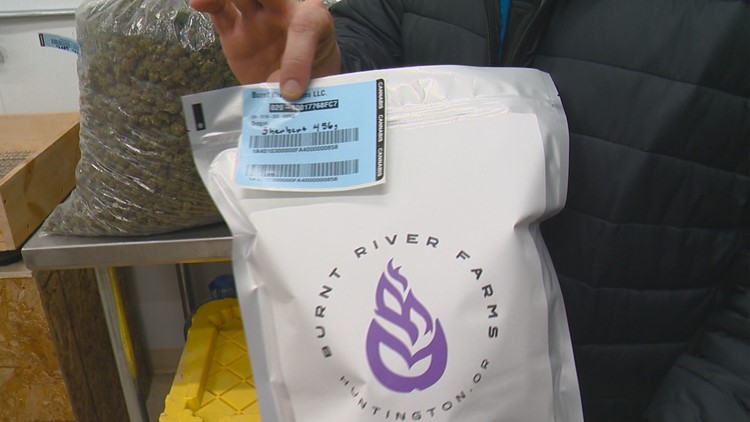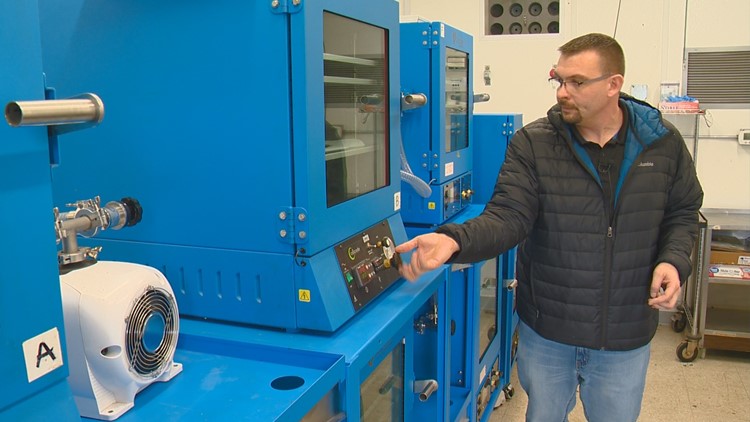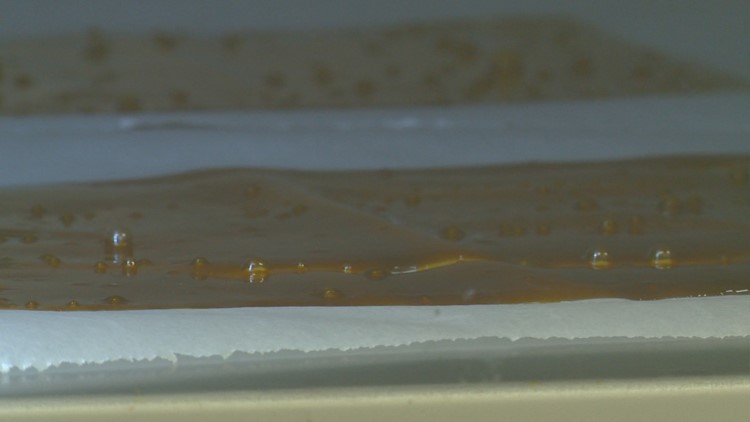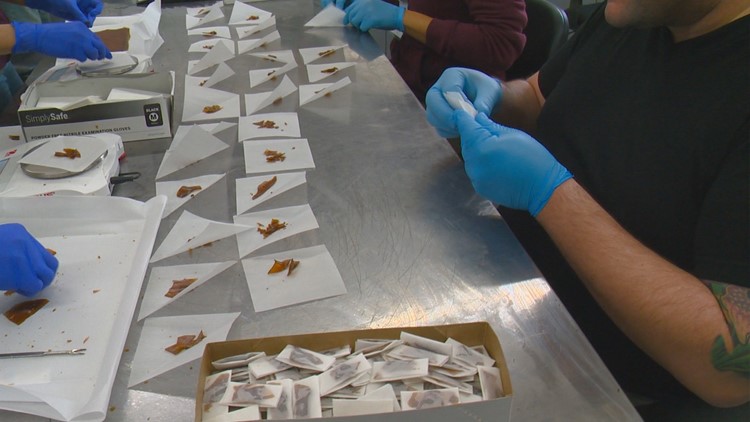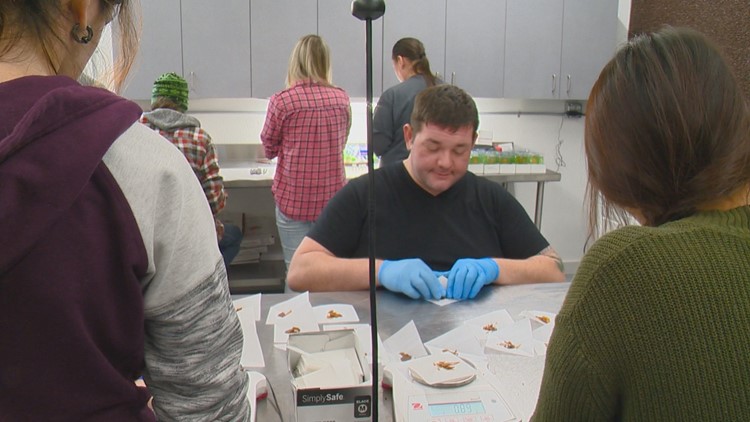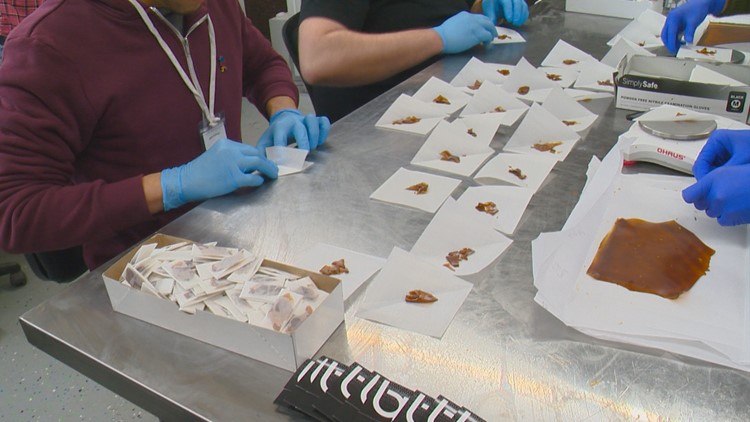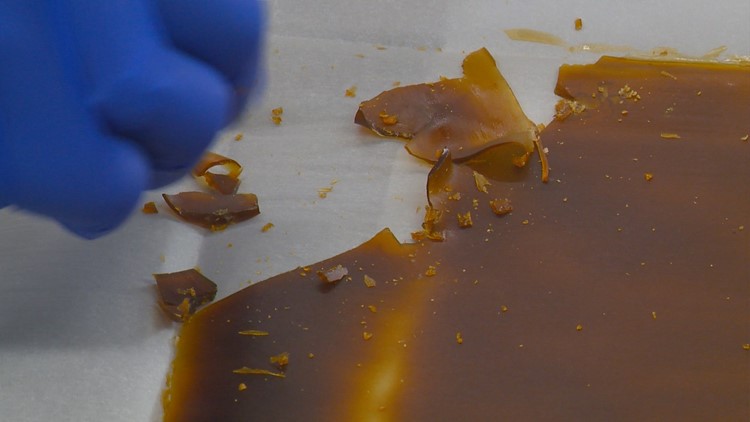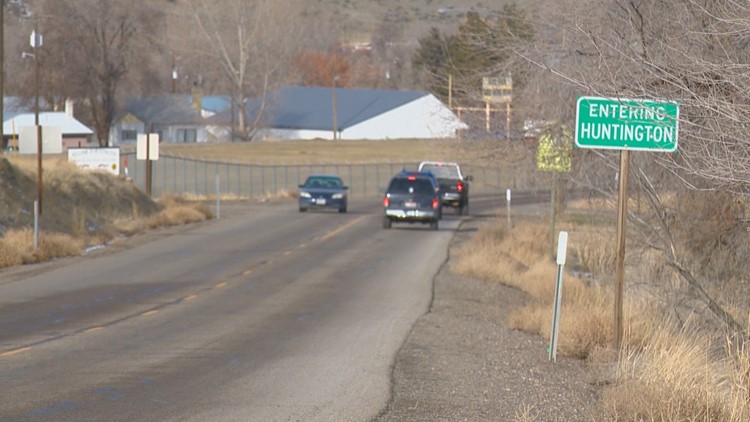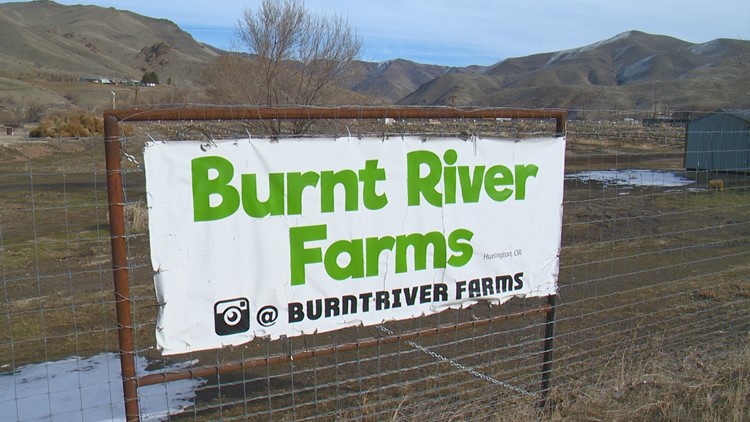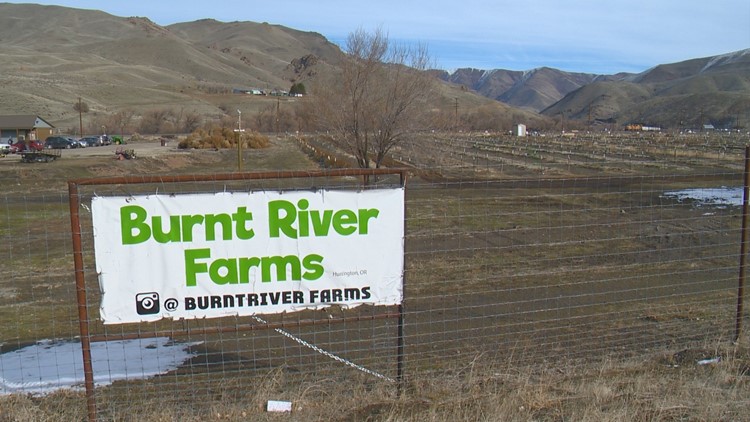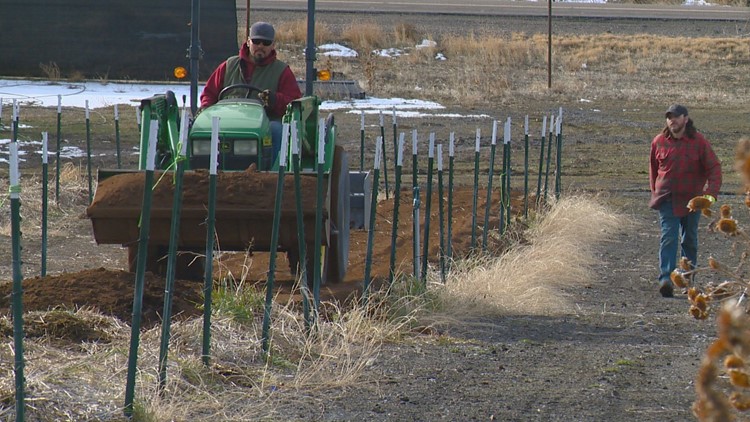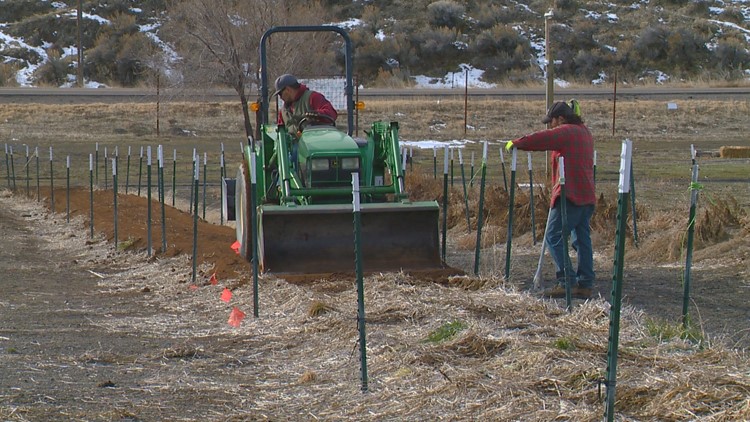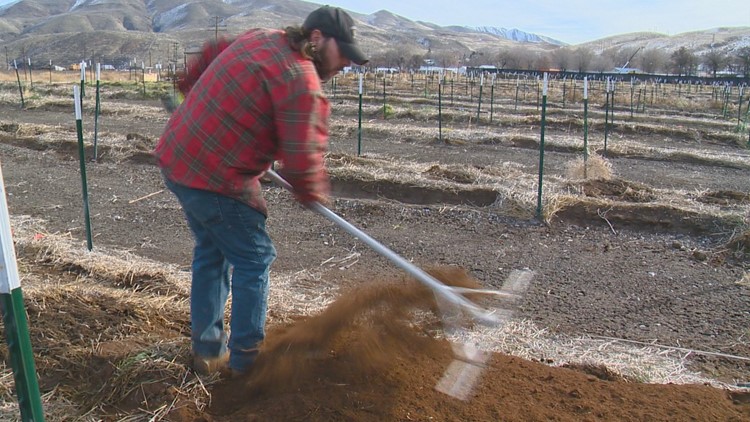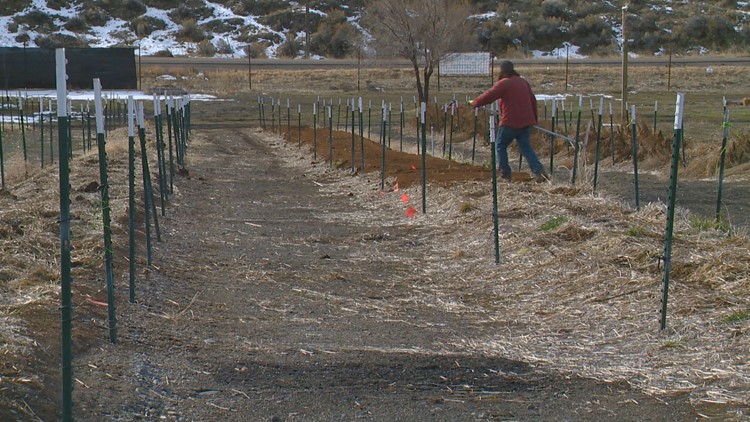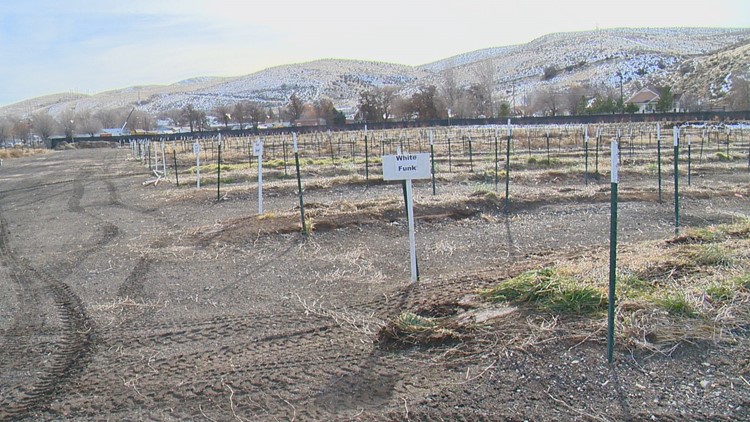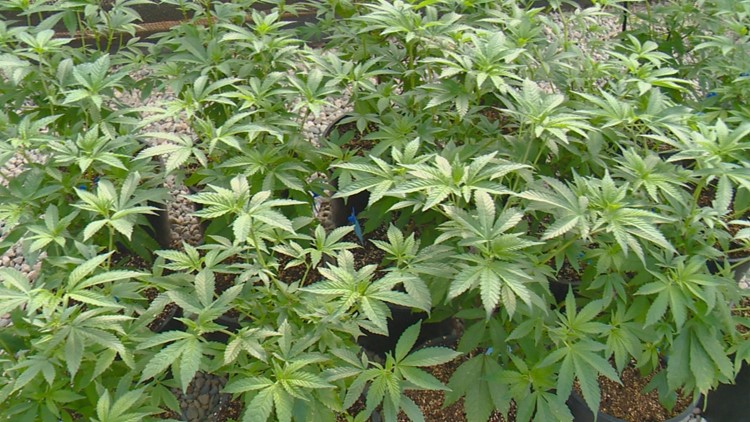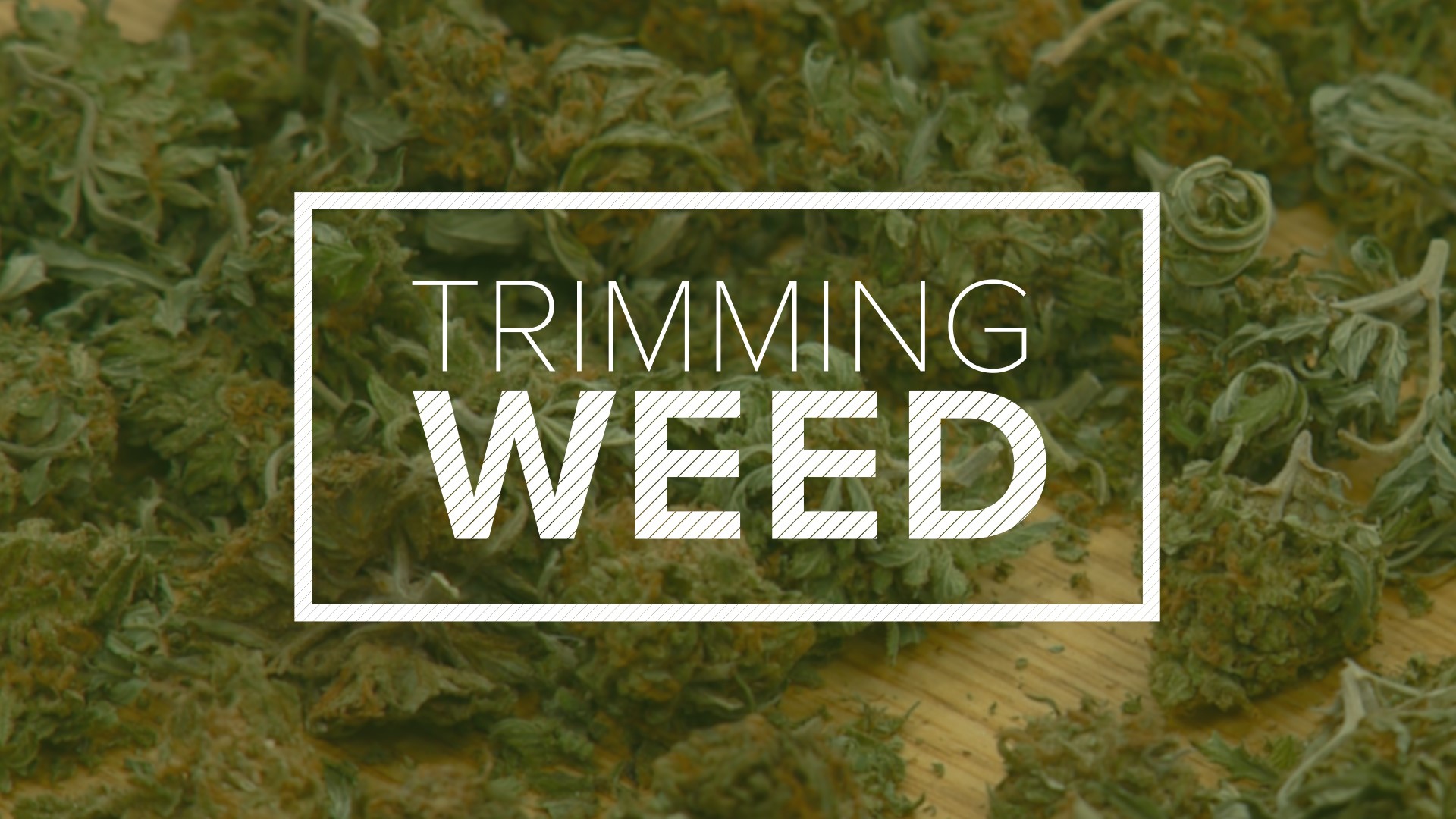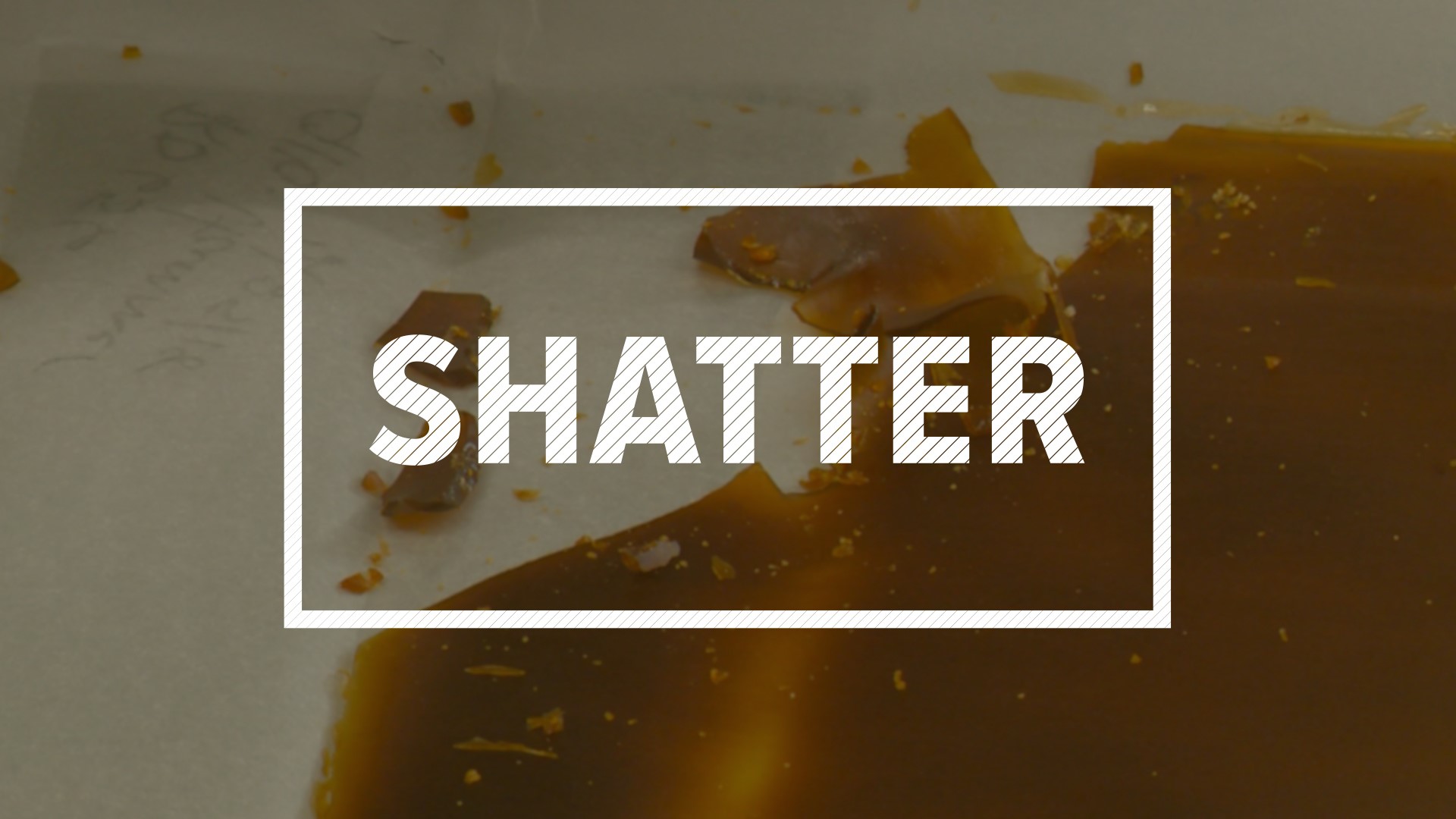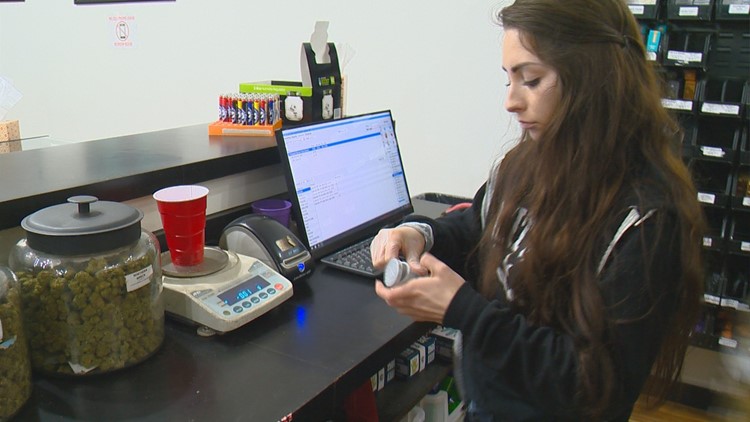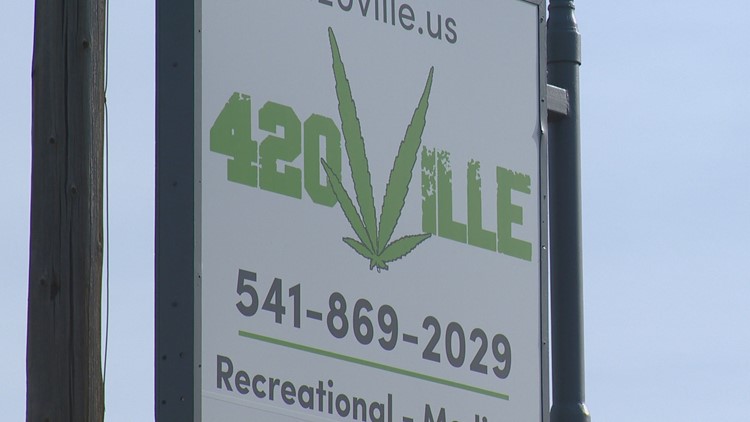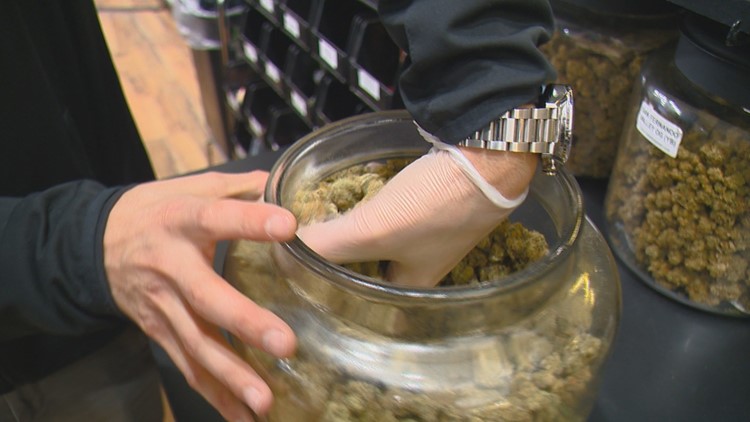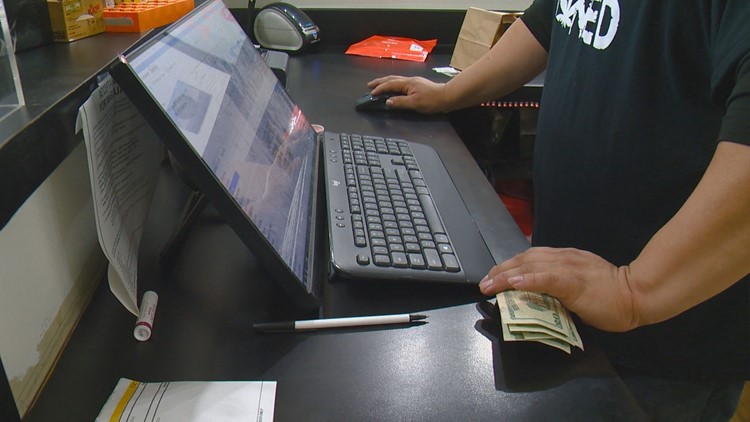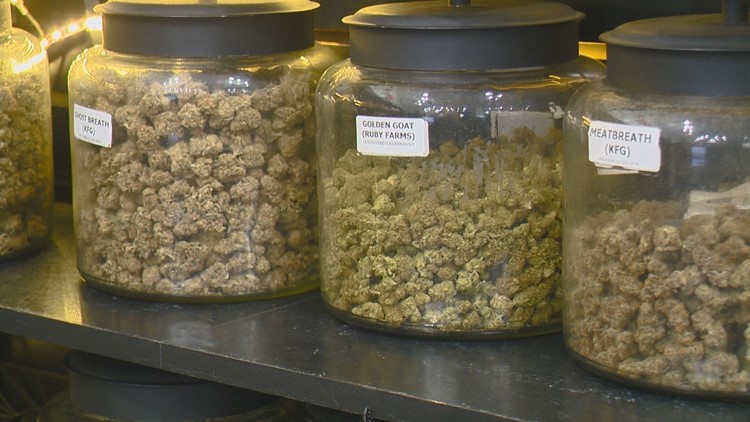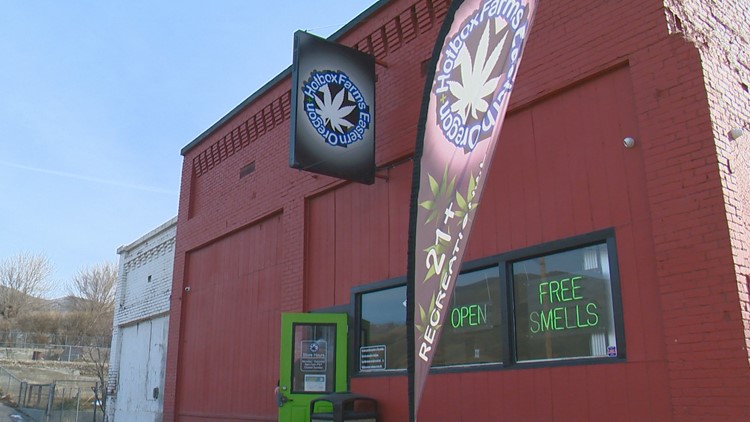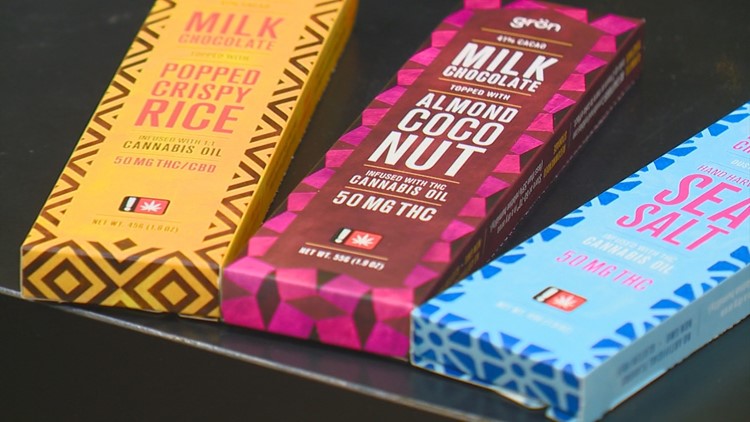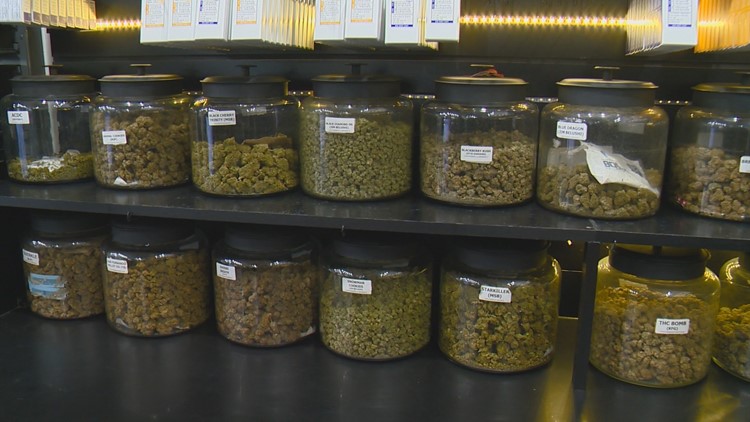HUNTINGTON, Ore. — After 51 years, Jim Spikerman has gone legit.
Now the head cannabis grower at Burnt River Farms in Huntington, Spikerman - soft-spoken and 68 - knows more about marijuana than almost anyone. His job hasn’t changed, he says. Oregon laws have.
"I was all of a sudden not a criminal," Spikerman said. "I was in demand."
He was a teenager in Southern California when he started his first clandestine grow operation in a Tustin orange grove with a few friends. The decision was a simple one, he remembered.
"During the 60's, a lot of people smoked pot and I had it in my mind, 'why not grow pot?'" Spikerman remembered. "It always comes with seeds, it must be pretty easy."
When he moved to Hawaii to compete in surfing, he took his trade with him. In the decades that followed, Spikerman worked as a painter and raised a family, but the marijuana business remained a constant in his life.
"I wasn't about to give it up," he said. "I knew eventually it would become legal."
Photos: Inside Burnt River Farms
A SEA OF GREEN
Spikerman's hunch was right.
Idaho, where marijuana is classified as a prohibited drug, is virtually surrounded by legal pot in some form or another. Oregon, Washington, Nevada and Canada all allow recreational marijuana while Montana and Utah have legalized medical marijuana.
All forms of cannabis remain illegal in the Gem State, where convictions on some pot charges can carry strict mandatory minimum sentences.
But in Huntington, less than 30 miles from the Idaho border, business is booming at Burnt River Farms - the closest legal pot-growing operation to Boise.
Burnt River Farms CEO Shawn McKay prides himself on the "seed-to-sale" process going on at his one-stop shop.
"It's really full circle here, from the beginning of the crop to the finished retail product at the end," he said.
After Oregon legalized recreational marijuana, McKay left his comfortable government job as a rangeland ecologist and crop scientist to launch Burnt River Farms.
"I saw this as a once-in-a-lifetime opportunity," he said. "I figured government work would always be there for me."
ON THE FARM
It's not an easy gig.
Marijuana operations aren't eligible for typical construction financing or traditional loans, making starting a pot farm a capital-heavy endeavor. Strict state regulations must be followed to the letter. The thousands of plants that make up McKay's crop need to be planted by hand and hand-tended, trimmed, manicured and pruned all year.
In addition, McKay said, there is no manual for growing marijuana.
"We try to take those common agricultural practices, irrigation and soil management and pest management and apply that to cannabis production," he said.
Spikerman agreed.
"It's just a process of learning, trial and error, and over the years its been keenly developed into a highly technical trade," he said.
McKay's crop gets its start as seedlings in the greenhouse nursery. By the time the plants are about eight inches tall, each already has a metric ID tag that will follow it throughout its life – whether it ends up on shelves as raw cannabis, a vape cartridge, or a weed-infused gummy candy.
Each of the strains also has a name – Cherry Bomb, Salmon River OG, Bubba Kush - meticulously recorded on a whiteboard in the greenhouse.
Some of the varieties thrive indoors, but most are transplanted out into the field, transforming it from brown and bare in January to lush and green during the summer growing months.
A massive fence encircles the field, keeping out Huntington’s hungry deer population. Ladybugs and beneficial predator mites introduced to the soil help stave off less desirable bugs.
“There are many pests, everything loves it,” Spikerman said. “You have to really learn to combat the things that are after it, besides the general public.”
Those human pests are kept at bay by Burnt River Farm’s state-of-the-art security system, which features dozens of fiber-optic cameras, motion sensors, night vision technology and around-the-clock alarms that connect directly to the local sheriff’s dispatch.
AFTER THE HARVEST
Once McKay’s crop leaves the soil, the process isn’t over.
Burnt River Farm makes its own marijuana products, including gummies, oil, hash and shatter right on site.
In one room, workers wielding scissors carefully trim and clean marijuana buds. In another, McKay’s employees break apart smooth sheets of shatter – a delicate, high-THC form of concentrated marijuana oil – before packaging the pieces individually to be sold.
“Very little of what we produce here makes it to the market as a raw cannabis product,” McKay said.
The finished product is distributed all throughout Oregon and right down the street, where two dispensaries popped up barely a block apart.
Business is good. There is almost always a steady stream of cars – many with Idaho plates - heading in and out of town.
Even on weekday mornings, long lines form outside 420ville and Hotbox Farms, and employees are in constant motion, dipping into large deli-style jars of pot, answering questions, taking money, and waving the next customer forward.
“We go back and forth between the two dispensaries and the school as the largest employer here in town,” McKay said.
The farm employs at least 25 people year-round, hiring dozens more when harvest season rolls around.
“This is one of the most labor-intensive crops that you will ever come across. It’s very hands-on, there is very little machinery that’s designed to accommodate our crop,” he said.
Dispensaries in Huntington
A TOWN DIVIDED
Not everyone in Huntington is sold on pot. Residents have been divided over the issue since the dispensaries opened.
And Idaho State Police say it doesn't matter whether the marijuana was legally purchased in Oregon - once it crosses over the border, it is a criminal offense.
However, police say there has not been an increase in pot citations since the dispensaries opened; in fact, the number of people pulled over and caught with pot has dropped slightly, from 325 in 2015 to 271 in 2018.
Idaho officials have shown little interest in following in neighboring states' footsteps when it comes to marijuana. But the growers at Burnt River Farm say they're willing to bet it's only a matter of time before the rest of the nation relaxes its pot laws.
"I think it's on its way," Spikerman said. "The cat is out of the bag and it will be legal in every state eventually."

